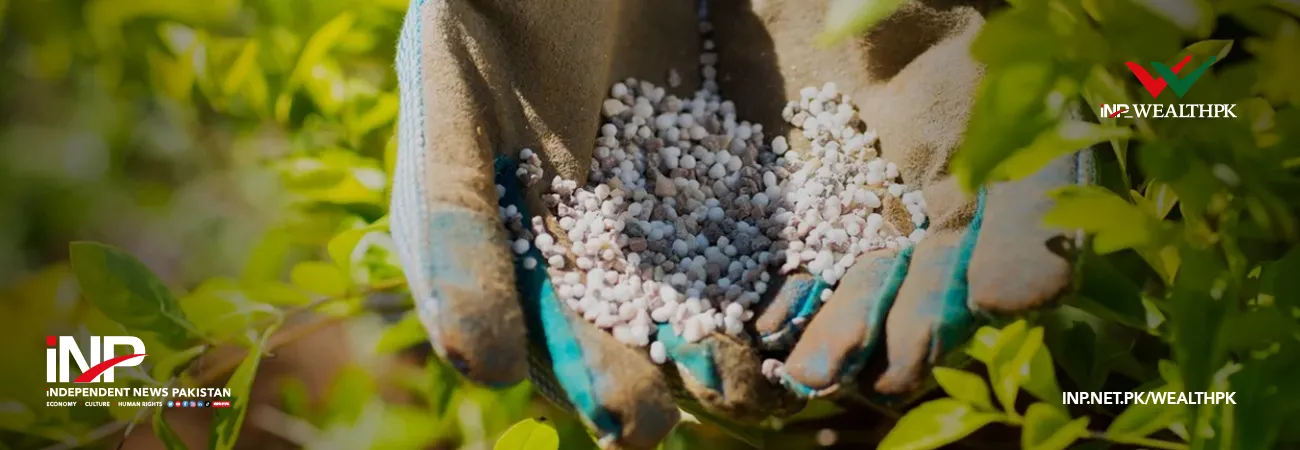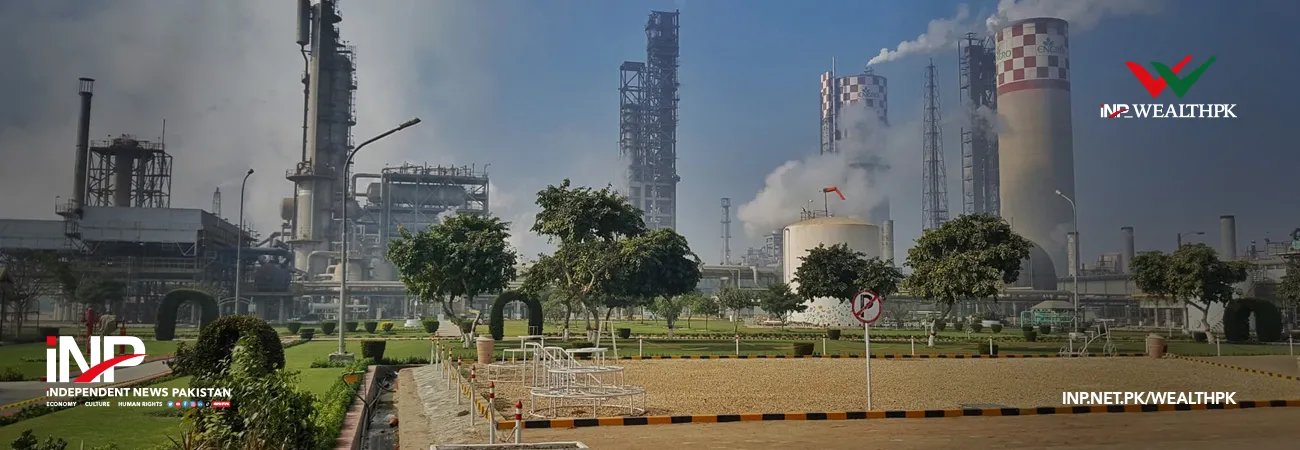INP-WealthPk
Faiza Tehseen
Mass-scale Biochar production can help mitigate climatic impacts and turn the spoiled agricultural lands into fertile ones.

“Globally, biochar has emerged as a powerful tool to sequester carbon, ensure sustainable agricultural practices, and restore degraded lands. The production cost of biochar is nominal, but still this high-impact innovation is not on the radar of policymakers,” said Dr Riffat Tahira, principal scientist at National Agricultural Research Centre (NARC). Speaking to WealthPK, she said to produce biochar, biomass, textile residues or in-kind waste is burned in the absence of oxygen.
This process is called pyrolysis, which does not produce ash and emit any greenhouse gas (GHG). “Indigenous biochar production is a dual solution for soil restoration and climate mitigation. It is a charcoal-like substance produced from the pyrolysis of organic waste, including crop residues, wood chips, and animal manure. Locking carbon in the ground for around a century, biochar significantly improves the soil health.
It provides a locally viable environmentally friendly alternative to expensive synthetic fertilizers, harmful for earth in the long-term,” Tahira explained. She said that other than agriculture and land restoration, biochar is widely used in construction, energy, and electronics. “It is used in bulks to insulate the buildings. It is also used to remove pollutants from water and waste treatment.”
The NARC principal scientist said: “The agriculture sector, which contributes 24% to the country’s GDP and employs nearly 37% of the labour force, is facing severe challenges due to nutrient imbalance in soil, and declining organic matter. To address these issues, biochar can be transformative. It not only boosts crop yield by improving soil aeration, nutrient absorption, and water retention but also helps reduce GHG emissions caused by the open burning of crop residues.
“Converting such wastes into biochar is a clean, green, and circular solution to environmental pollution.” Tahira said: “By reducing irrigation needs, biochar increases the wheat and maize yield by 10% to 25%. Despite its great potential, biochar production lags in Pakistan due to a lack of technical knowledge and awareness.” She said to set up low-cost biochar kilns, farmer training and government support are essential. “As it sequesters carbon, the role of biochar opens doors for carbon markets and climate finance.
Pakistan can potentially earn the carbon credits by promoting large-scale biochar use in forestry and agriculture,” Tahira underscored. Talking to WealthPK, Muhammad Aatif Majeed, deputy director (technical) at Pakistan Forest Institute, Peshawar, said: “Biochar improves forest health. Diverting the dead trees and woody debris to biochar will ensure healthy forests, reducing the risk of fires. It also decreases climate change impacts through reducing the soil’s carbon content.” He said that biochar retains nutrients in the soil that help trees to reach maturity faster.
Credit: INP-WealthPk












